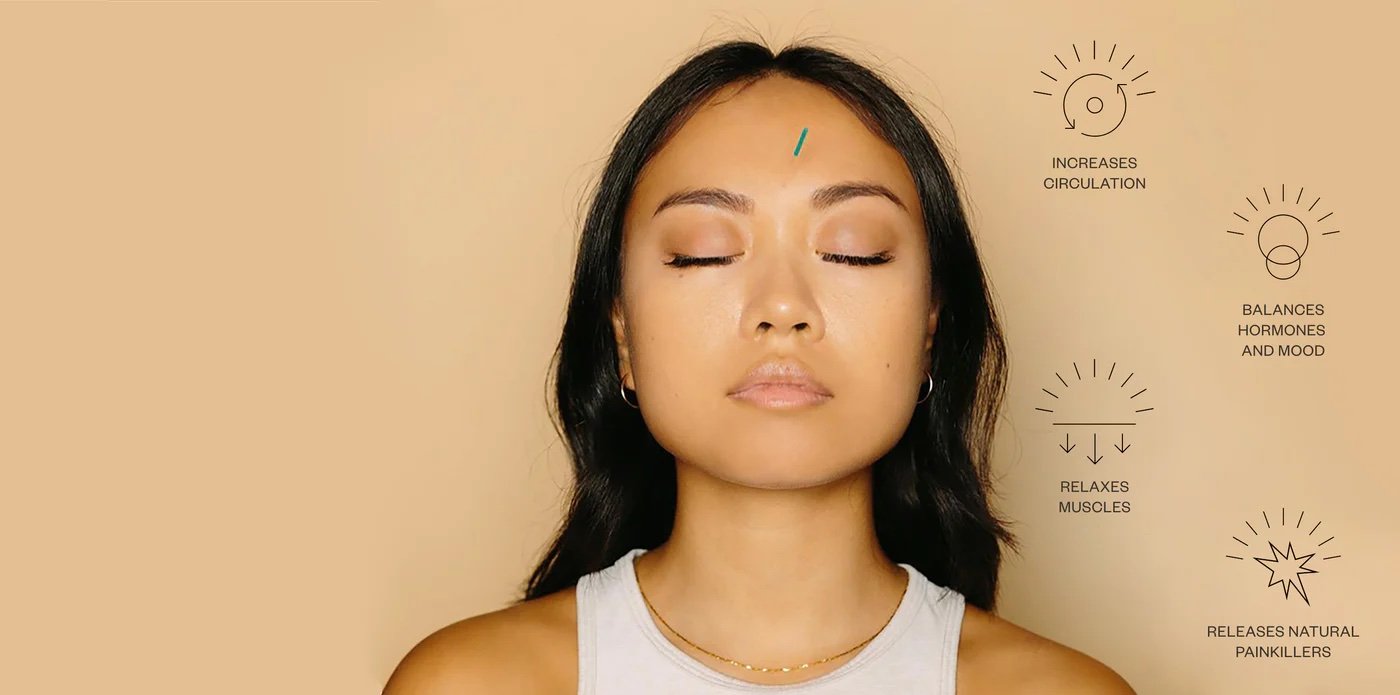

Frequently Asked Questions
Does acupuncture hurt?
The sensations that clients experience during acupuncture range from nothing at all to a brief ache or heaviness in the area being needled. Some points are more sensitive than others. Overall, clients describe the sensations as fleeting and the treatment experience as deeply relaxing.
Why would I need to see a Traditional Chinese Medicine practitioner?
Many clients begin acupuncture treatment to find relief from a wide range of physical conditions. Some have lived with their condition for years believing they must live with pain. Still others believe that taking a pill, which masks their physical or emotional symptoms, is the answer. Acupuncture provides gentle healing on a deep level, and can succeed where other treatments have not. Many who are not experiencing ailments also seek treatment to maximize their wellness and maintain balance. The greatest reason to begin acupuncture treatment is to cultivate vitality and radiant health and to stimulate the tremendous healing power of the body, mind and spirit.
What can I expect?
The initial consultation can typically last anything between thirty and sixty minutes. A very detailed medical case history is taken and all clients currently on a course of medication should bring this along at the first (or second) consultation.
A thorough examination of tongue and pulse will be carried out and a brief physical examination, at the site of the problem, will be conducted where appropriate.
The entire proceedings are safeguarded by total confidentiality.
Usually the first consultation also includes an initial treatment. Such treatment will only be given after a full TCM diagnosis has been carried out.
Subsequent treatment sessions will last from anything between twenty minutes up to an hour.
Are the needles safe?
Yes. Sterile disposable needles are used. They are used once and then disposed of immediately.
Is Acupuncture covered by insurance?
A growing number of insurance companies will reimburse for acupuncture treatments. Consult your insurer for the terms of coverage on your policy.
I’m not sick, can I still benefit from acupuncture?
Acupuncture awakens the senses and offers the possibility of deep healing of the body, mind and spirit as an inseparable whole. Many clients experience increased clarity, creativity and deeper meaning in their day-to-day lives. Many patients come for regular treatments to achieve increased effectiveness and enjoyment at work. Others come to help deepen their relationships with others. Acupuncture is also a powerful preventative measure to keep you healthy throughout the year.
How frequently do I need to come to benefit from a treatment?
The frequency of treatments varies with each individual. Please feel free to call me to discuss your concern and a possible plan of treatment.
How does acupuncture work?
This highly effective system of medical care is based on natural laws, which govern the movement of vital life giving energy, both in nature and in the body. This energy, called “Qi”, moves through the body in precise channels supporting functions of the body, mind and spirit. When the Qi is moving disharmoniously, imbalance begins to surface in the form of specific symptoms. To address the underlying cause of a condition, these symptoms are viewed in relationship to the totality of a person. The gentle insertion of hair thin needles at specific points along the channels of Qi energy, help restore harmony. In the presence of this subtle yet profound intervention, symptoms often resolve and patients frequently experience renewed vitality.
Is there scientific evidence that acupuncture works?
Over the last few decades much research has been conducted to explain how acupuncture works. The 1997 National Institutes of Health (NIH) reported, “Acupuncture can cause multiple biological responses, mediated mainly by sensory neurons to many structures within the central nervous system. This can lead to activation of pathways affecting various physiological systems in the brain as well as in the periphery”(1) and “acupuncture activates the hypothalamus and the pituitary gland, resulting in a broad spectrum of systemic effects. Alteration in the secretion of neurotransmitter and neurohormones and changes in the regulation of blood flow, both centrally and peripherally have been documented. There is also evidence of enhancements in immune functions produced by acupuncture”(2)
1,2National Institutes of Health Consensus Conference on Acupuncture, Program & Abstracts (Bethesda, MD, November 3-5, 1997). Office of alternative Medicine and Office of Medical Applications of Research, Bethesda.
For additional reading: Scientific Validation of Acupuncture
